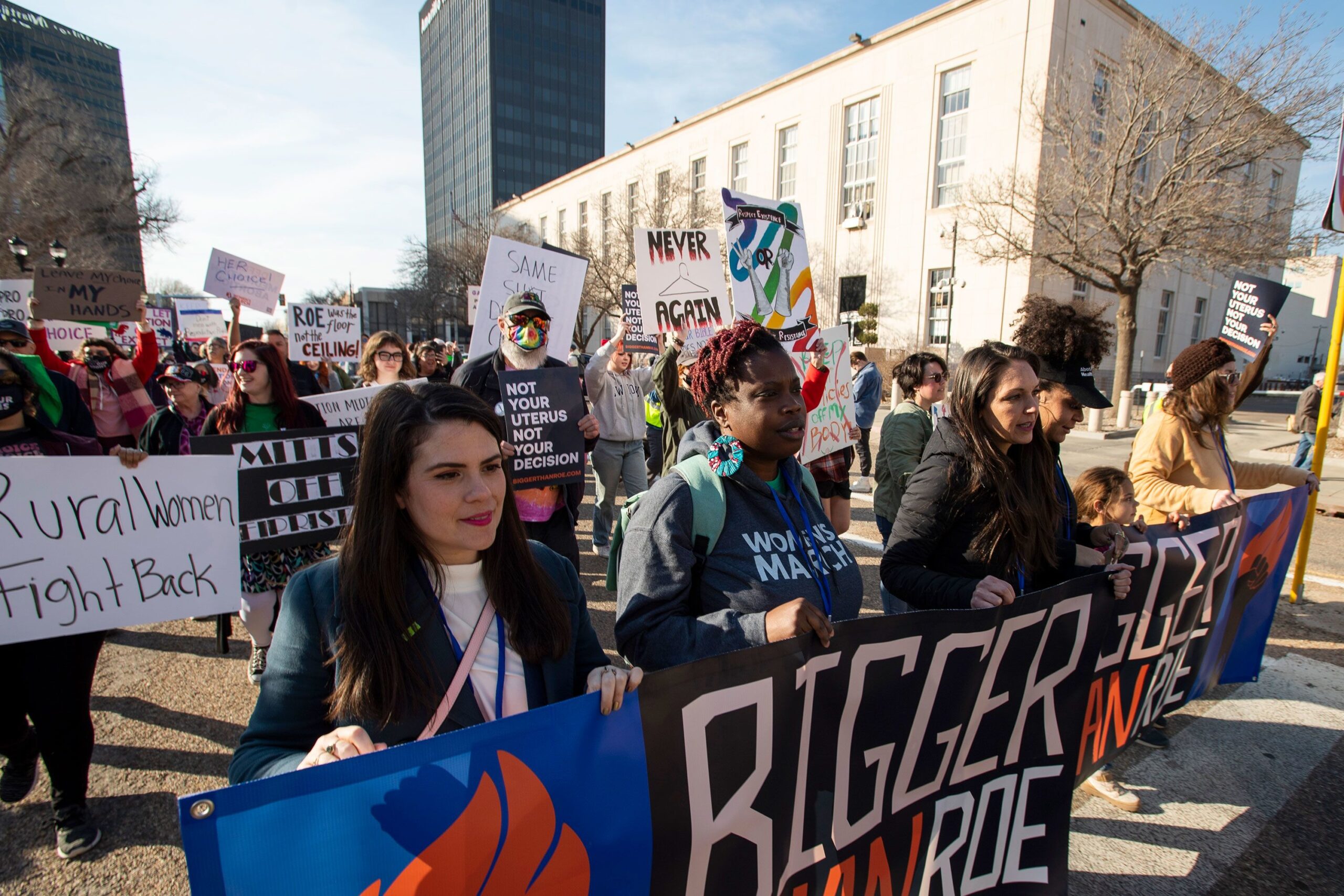The contentious issue of abortion rights, which dominated the 2022 and 2023 elections, is set to play a significant role in the upcoming 2024 elections. The recent Texas Supreme Court case involving Kate Cox, a 31-year-old mother of two, has once again thrust the issue into the spotlight, forcing Republican presidential contenders and incumbents to grapple with complex questions on abortion rights.
Political Reality for Republicans
The Texas Supreme Court’s denial of Cox’s right to terminate a pregnancy that threatened her life and future fertility underscores the political conundrum facing Republicans. They must navigate between their conservative anti-abortion base and a broader electorate that is generally more supportive of abortion rights. This delicate balancing act is further complicated as red states implement a patchwork of new restrictions on abortion, with untested exceptions, and real-world events continue to blur their efforts to present a clear and effective message on the issue to voters.
Legal Challenges and Political Consequences
The US Supreme Court’s decision last year to overturn Roe v. Wade’s long-standing federal guarantee of abortion rights has led to a flurry of legal challenges. Almost every Republican-controlled statehouse has launched debates over whether and when to outlaw abortion during pregnancy and which exceptions to allow. This has resulted in a cascade of legal challenges testing the constitutionality and boundaries of these bans. Democrats have seized this opportunity to attack Republicans for undermining women’s healthcare.
2024 Presidential Campaign: Navigating the Middle Ground
On the 2024 presidential campaign trail, Republicans are attempting to carefully navigate a middle ground between the party base and general election voters. Florida Gov. Ron DeSantis, who signed a six-week state abortion ban in April, emphasized the need for Republicans to approach these issues with compassion. Former South Carolina Gov. Nikki Haley has sought to sidestep questions about whether she would sign a federal abortion ban into law by highlighting the unlikelihood of such a prohibition passing in the Senate.
Ballot Initiatives with 2024 Implications
Abortion rights advocates are seeking to replicate the success of recent ballot measures in the 2024 elections. In November, Ohio voters approved a constitutional amendment guaranteeing abortion rights. Now, abortion rights groups are pursuing similar efforts in a cross-section of states, including Arizona, Florida, Nevada, Colorado, Maryland, Missouri, South Dakota, and Nebraska. These referenda could shape the 2024 electoral outcomes in these states.
Florida’s Abortion Rights Battle
In Florida, a coalition of abortion rights supporters is on track to gather enough signatures to place a constitutional amendment on next year’s ballot. However, Florida Attorney General Ashley Moody, a Republican, has asked the state Supreme Court to kill the amendment. The state Supreme Court is also set to rule on a 15-week abortion ban. If upheld, a six-week ban, signed into law by DeSantis in April, would take effect.
The Human Impact of Abortion Restrictions
Lauren Brenzel, campaign director of Floridians Protecting Freedom, argues that exceptions for situations such as cases of sexual assault and pregnancies that jeopardize the life of the mother “aren’t sensible. They aren’t based on any kind of best-care guidelines.” Brenzel points to the Texas case and other horrifying cases in Florida as examples of the dangerous situations created when politicians intervene in private medical decisions.

